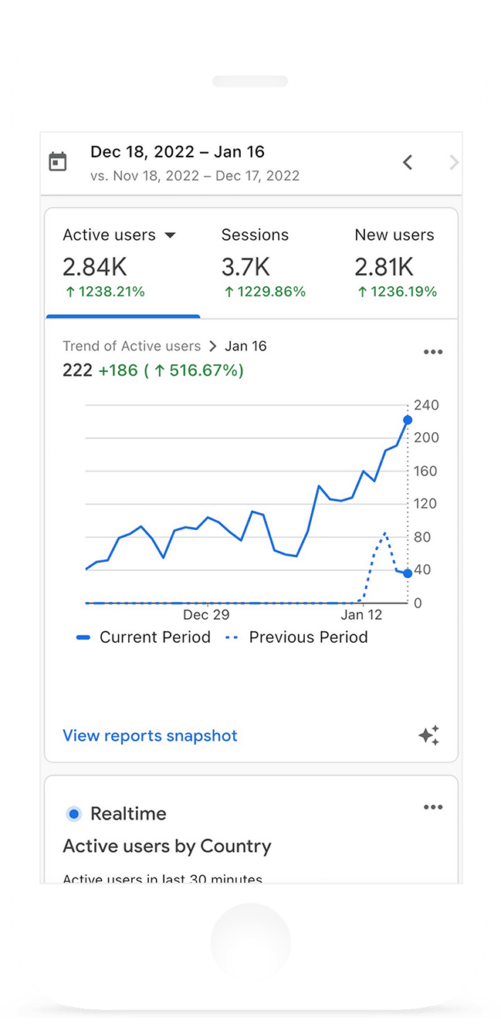Organic traffic is the lifeblood of any successful online business.
It’s the traffic that comes from search engines such as Google and Bing, and it’s the traffic that’s most likely to convert into paying customers.

We’ll perform a comprehensive SEO audit of your website to identify any technical issues that may be hindering your search engine rankings. We’ll provide you with a detailed report of our findings and recommendations for improvement.
We’ll perform in-depth keyword research to identify the keywords and phrases that your target audience is searching for. We’ll use this information to optimize your website content and improve your search engine rankings.
We’ll optimize your website’s content, metadata, and structure to ensure that it’s optimized for search engines. This includes optimizing your headlines, images, and internal linking structure to improve your search engine rankings.
We’ll help you create high-quality, engaging content that’s optimized for search engines and appeals to your target audience. This includes blog articles, whitepapers, and other content that helps you establish thought leadership and attract more customers.
We’ll help you build high-quality, authoritative backlinks that improve your search engine rankings and drive more traffic to your website. We use a variety of tactics to build backlinks, including guest blogging, broken link building, and content syndication.

Our team of experienced SEO specialists help countless businesses increase their website traffic and achieve their business goals.
Search Engine Optimization (SEO) is the process of optimizing websites and content to improve organic visibility in search engine results pages (SERPs). SEO involves optimizing content, website structure, and other technical components to ensure that search engines can easily understand and index a website. The goal of SEO is to increase organic traffic to a website by improving its visibility in search engine results pages.
SEO can help to drive more organic traffic to your website, increase brand visibility and awareness, and improve your website’s credibility and reputation. It can also lead to increased website conversions and an increase in overall website performance.
Optimizing your website for SEO involves several key steps, such as creating quality content, optimizing page titles and meta descriptions, optimizing images, and setting up a sitemap. Additionally, it’s important to ensure that your website is correctly structured and that it is mobile-friendly. Other important steps include optimizing for local SEO, setting up rich snippets, and utilizing other SEO tools and strategies.